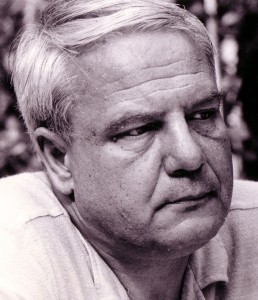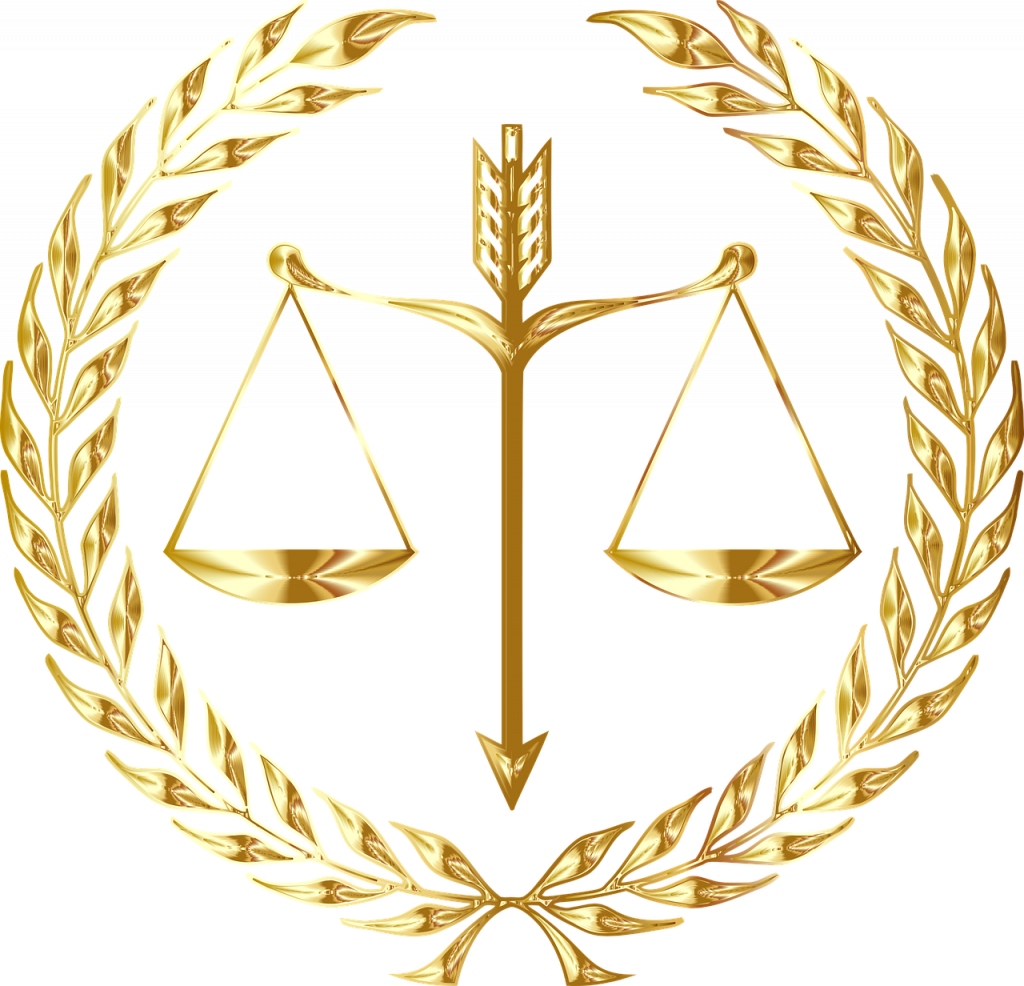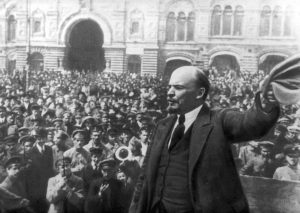 Below is my translation of an interview I found very interesting with former Soviet dissident and political prisoner Vladimir Bukovsky by Alessandra Nucci, published in the December 2012 issue of the Italian periodical Radici Cristiane. What he says provides a very useful background to understand what lies behind the European Union project and its similarities with the Soviet Union, a subject on which Bukovsky has written a book.
Below is my translation of an interview I found very interesting with former Soviet dissident and political prisoner Vladimir Bukovsky by Alessandra Nucci, published in the December 2012 issue of the Italian periodical Radici Cristiane. What he says provides a very useful background to understand what lies behind the European Union project and its similarities with the Soviet Union, a subject on which Bukovsky has written a book.
Vladimir Bukovsky, 70, is one of the most famous ex-political prisoners of the former Soviet Union. In total he spent twelve years of internment, including prisons, labour camps and psychiatric hospitals, before being ejected and swapped for the Chilean prisoner Luis Corvalan in 1976. Since then he has lived in Cambridge and took British citizenship.
In 2007 he co-authored with Pavel Stroilov EUSSR: The Soviet Roots of European Integration in which he reconstructs, on the basis of documents copied from the Soviet archives in 1992, plans to transform the European Union into a Union of Socialist Republics in all identical to the former Soviet Union.
Radici Cristiane has asked his opinion on current developments.
Mr. Bukovsky, at least since 2000 you have been saying that the European Union is the exact copy of the Soviet Union. Aspects in common you highlighted include the new Europe’s structure itself: a union of republics with a socialist structure, run by a handful of unelected people who make typically Bolshevik promises – equality, fairness and justice – and do not recognize nations but only citizens of a new people, with “European” instead of “Soviet”. In common, in addition, the two unions have the typical corruption of a socialist republic, a corruption organized from the top, aggressiveness towards the outside and even gulags inside. Many years later, are the events proving you right?
You forgot the similarity in the way they started. How was the USSR created? Of course, by military force, but also by forcing the republics to join with the financial threat, making them economically fearful. So there we are.
But we are still at the beginning, at the first stage. The ultimate goal of all unions that have been built so far does not end with the submission to the control of Brussels, but it goes further. The target is the building of a single state, under one world government, with a single law, a single pension….
The financial crises serve to push in this direction.
The general impoverishment would then be wanted?
It is the very concept of “union” that removes flexibility from the economy. A single economy makes the constant adjustments necessary to facilitate trade impossible.
Don’t let’s forget that the Soviet Union went bankrupt. Of course, we were far ahead on the road to integration towards a single state: not just a single currency, but also one people. And the Soviet Union, in contrast to Europe, had enormous resources, so, every time it was on the verge of bankruptcy, it would discover new resources: oil, diamonds, gold… That’s what made them carry on. Otherwise they would not have failed in the eighties but by the end of the thirties.
You said that the crisis was the first stage. What about the second?
Over time there is a development of distrust that can lead to hostility. That is the next stage. Examples abound, just think of Yugoslavia, the USSR… Countries forced to live under the same roof. I myself grew up under a federal flag. But it is a pressure cooker that sooner or later blows up.
Is this why they are gradually unifying the military?
It still has to do with the construction of a single state. One government, one president, one policy. The economic difficulties help to reduce the sovereignty, because people are more willing to accept and obey. In Italy not coincidentally you have an unelected Prime Minister.
Are they using the economy to crush the nation state? It seems to me that they use it to crush people. They manipulate people to prevent them from opposing the new policy, which must, on the contrary, appear to them as the only hope.
Are they therefore all socialists in Brussels?
The project is socialist. I do not know these people personally, but most of them are on the Left, more or less extreme. That means that they favour statist solutions and the regulation of everything. And they all talk like in Lenin’s book The State and Revolution, which explains how the nation state will die. His words are that it will “fade until it disappears.”
For their part, the Conservatives hold the curious idea that the project can change from within. The EPP does not resist, and trying to influence it from within becomes a good excuse for doing nothing.
Is then in Lenin the matrix of what we are experiencing?
The dream of socialists, the Maximum Programme, has always been to eliminate the private property, the family and the nation state. With the private property they have not succeeded, but they continue on the path of destruction of the family and the nation.
The plan that failed in the East has been transferred to the West; Europeans and Moscow have worked together to implement the “convergence” of the “Common European Home”. Prior to 1985, the Left was opposed to the European Community because it was saying that it helped the owners, industrialists, capitalists, and let down the workers. Then they made a U-turn.
“Socialist” for us is a term very different from “communist”. You seem to apply it to the Soviet paradigm as a synonym for “communist”.
No, socialism is the gradual and less violent form of communism, and socialist is the project of the European Union, which was born in Maastricht in 1992. The intent was to save socialism in Europe after the fall of the Berlin Wall and the predictable bankruptcy of the welfare state in the West as well. Welfare costs were growing and there was no way to counter them or stop them.
You can give benefits to people but cannot take them away without alienating a huge part of the population, because you do not get re-elected. So when leftist leaders realized that they were going into the red and that their socialist innovations in Europe would go belly up, they decided to create this administration of unelected people, who could not be sent home.
An administration that however already existed!
Before Maastricht there was no European Union. There was a common market, created to facilitate trade, movement of capital. That’s why no one has had anything to object for so long. But in the mid-eighties, rather than an economic community they decided to set up a state. Before Maastricht they never said “union”, they were saying “community”. And they were not talking about it publicly.
Among your predictions for the EU-USSR there was also the gulag. Do you confirm it?
Unfortunately, yes. The EU is creating them slowly. The politically correct is imposed not by persuasion but by repression. In Britain just last month they jailed for hate speech a nineteen-year-old who had written something offensive on Twitter about a football player with black skin. He was sentenced to a month and a half in prison.
As nobody protests, they will gradually widen the net and eventually we will get the gulag. And remember that the European police force is granted immunity, something that was not granted even to the KGB!
Is Barack Obama not part of all this?
For now, Americans do not perceive the European Union, do not see where it is going. But America has a parallel special project, the American Union.
If the process includes the United States of America, what hope is there to stop this global government? It will fail, because it is too big to handle. It is impossible to govern such a huge entity. And notice that the most common resistance is not open, but passive: sabotage.
On the other side is Putin. I know that you have an entirely negative opinion of him, but times change and its strong ties with the Orthodox Church have meant that a few weeks ago Russia joined the majority of other nations in opposition to the United States and the countries of Western Europe on the subject of abortion. Thus Russia is, and has been for a while, a reference point for the Orthodox churches and also for the Catholic Church.
For that matter the same applies to Muslims, who on these issues make a common front at the UN with the Church, but in obedience to their own religion. This does not make them “good”, because outside of this topic they are opposed to us as their enemies. It is one of the paradoxes of this world.









Comments